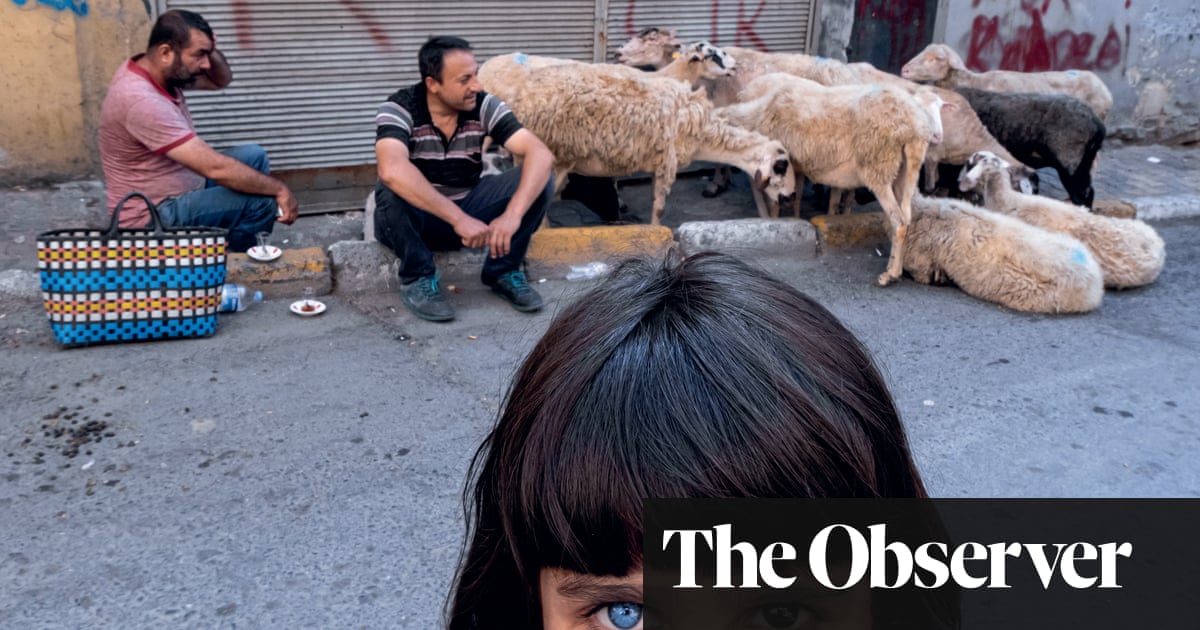
teve McQueen, our guest editor, chose this portrait of Okwui Enwezor to open this special edition of the New Review. It shows Enwezor, arguably the most influential curator of his generation, at the opening of his 2002 show The Short Century at the Museum of Modern Art in New York. The exhibition, which featured 48 living artists, revealed work that was intimately interwoven with African art and independence movements from the previous five decades. Later that year, his Documenta 11 exhibition in Germany, definitively remapped the art world, dismantling its “exoticising” view of non-western modernism.
Enwezor had grown up in southern Nigeria, his family displaced several times during the Biafran war. Coming to study in New York, and not “overly awed or impressed by what the art world was throwing up”, he launched a magazine, Nka, which would “advocate for art rooted in Africa but global in scope”. He died last year, aged 55. His obituary in the New York Times quoted from a review of the MoMa show, calling it “one of those rare occasions when the usually hyperbolic term ‘landmark exhibition’ is not an overstatement”.
McQueen’s friendship with Enwezor was one of the most significant of his own creative life. They met at the ICA bookshop in 1995. “I remember very clearly what Okwui was wearing,” he says. “Dark blue jacket and a navy blue cravat with a brown leather satchel slung over his right shoulder. He always looked sharp. He introduced himself and that was it. From then on he was a friend, a colleague and a mentor. I have never met in all my life such a brilliant man. He had a goal and a purpose and he never swayed from the path. When he was asked to be the director of Documenta 11 in 2002 he called me and we spoke about our daughters, who were both around five at the time. We spoke about the importance of the exhibition and how it could influence their lives. It did just that. Documenta 11 was possibly the most important of all his groundbreaking exhibitions. He reshaped the art world. I miss him dearly.”












